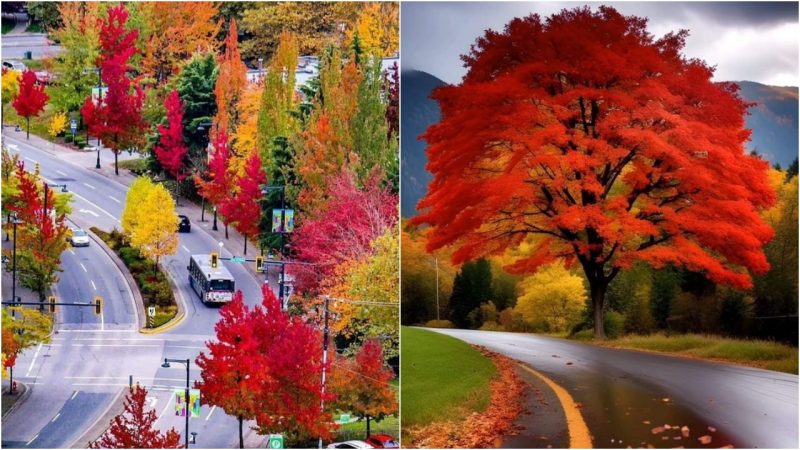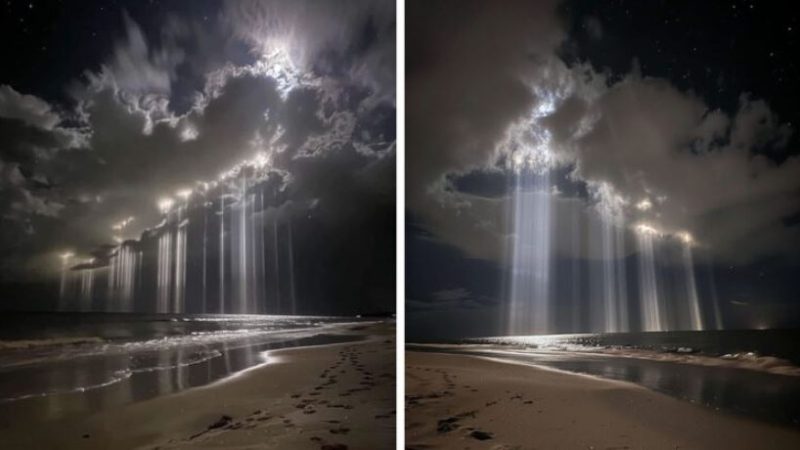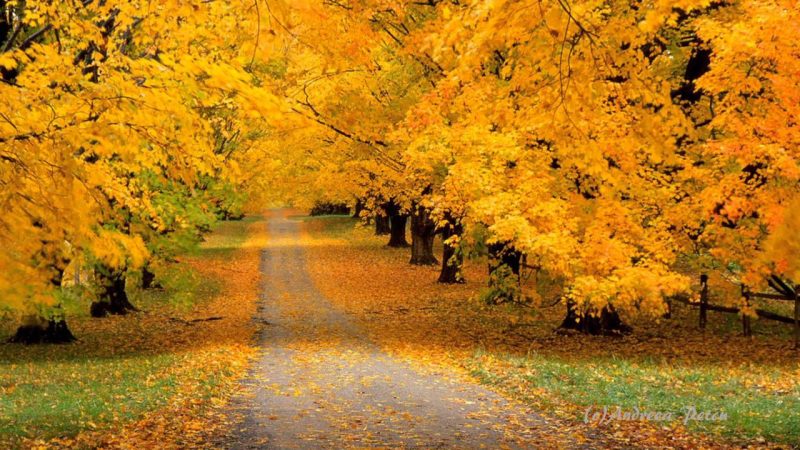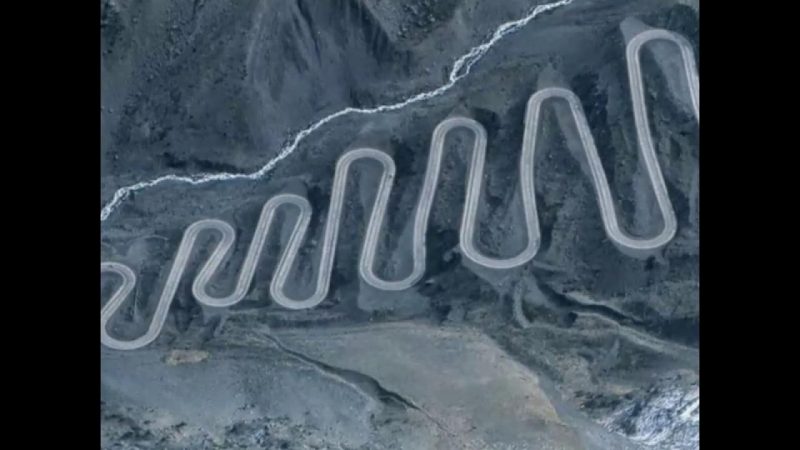Walking on the Moon: Earth’s Most Alien Landscapes
Stretching over 10,000 square kilometers, Salar de Uyuni is not just the world’s largest salt flat but also a natural marvel. During the rainy season, a thin layer of water transforms this vast expanse into a perfect mirror, reflecting the sky above. The result is a dreamlike landscape where the sky and ground merge, making you feel as if you’re walking amidst the clouds. This surreal scenery blurs the boundaries between reality and fantasy, offering a glimpse into an otherworldly experience right here on Earth.
Valley of the Moon, Chile
Nestled in the Atacama Desert, the Valley of the Moon boasts bizarre rock formations and vast dunes. Sculpted by eons of erosion, the landscape resembles the surface of Mars, with its reddish hues and peculiar stone shapes. It’s a place where every rock tells a story of time and transformation. The rugged terrain and haunting silence create an environment that feels truly alien, making it easy to imagine oneself on a distant planet.
Waitomo Glowworm Caves, New Zealand
Venture into the dark recesses of the Waitomo Glowworm Caves, and you’ll be greeted by a luminous spectacle. Thousands of glowworms illuminate the cave ceiling, resembling a star-studded night sky. The serene glow and echoing silence create a mesmerizing experience, akin to stargazing from the depths of the Earth. Drifting through these underground passages feels like journeying through a galaxy, where the boundaries between the earthly and the cosmic blur.
Mount Erebus, Antarctica
Standing tall amidst the icy wilderness of Antarctica, Mount Erebus is an active volcano with a continuous lava lake. The juxtaposition of fiery molten rock against the frozen backdrop is nothing short of cinematic. Here, fire meets ice, creating visuals that seem straight out of a fantasy realm. The stark contrasts and extreme conditions make it one of the most otherworldly places on Earth—a landscape where the primal forces of nature are on full display.
Socotra Island, Yemen
Dubbed the “Galápagos of the Indian Ocean,” Socotra Island boasts a unique ecosystem. The island’s Dragon’s Blood Tree, with its umbrella-shaped canopy, is particularly striking. This biodiversity hotspot feels like a living museum of evolution, showcasing flora and fauna that can’t be found anywhere else on Earth. Walking through Socotra is like stepping into an alien botanical garden, where each plant and animal seems to belong to a world of its own.
Pamukkale, Turkey
Pamukkale is a natural wonder featuring a series of terraced basins formed by the deposition of carbonate minerals from flowing thermal waters. The cascading white terraces resemble frozen waterfalls or snow-covered hillsides, offering a cooling illusion even under the blazing sun. This stunning landscape looks like it was sculpted by an artist rather than by nature, presenting a serene and almost mystical appearance.
The Richat Structure, Mauritania
Visible from space, the “Eye of the Sahara” is a massive circular geologic formation. Spanning 40 kilometers in diameter, its concentric rings and mysterious origin have puzzled scientists for years. This landmark not only offers a visual treat but also invites speculation and wonder about Earth’s geologic history. Standing at its edge, one can’t help but feel the enormity of Earth’s natural forces and the secrets they still hold.
These landscapes, each with its unique features, offer a glimpse into the extraordinary beauty and diversity of our planet. They remind us that while we often look to the stars for alien worlds, some of the most otherworldly places can be found right here on Earth.












